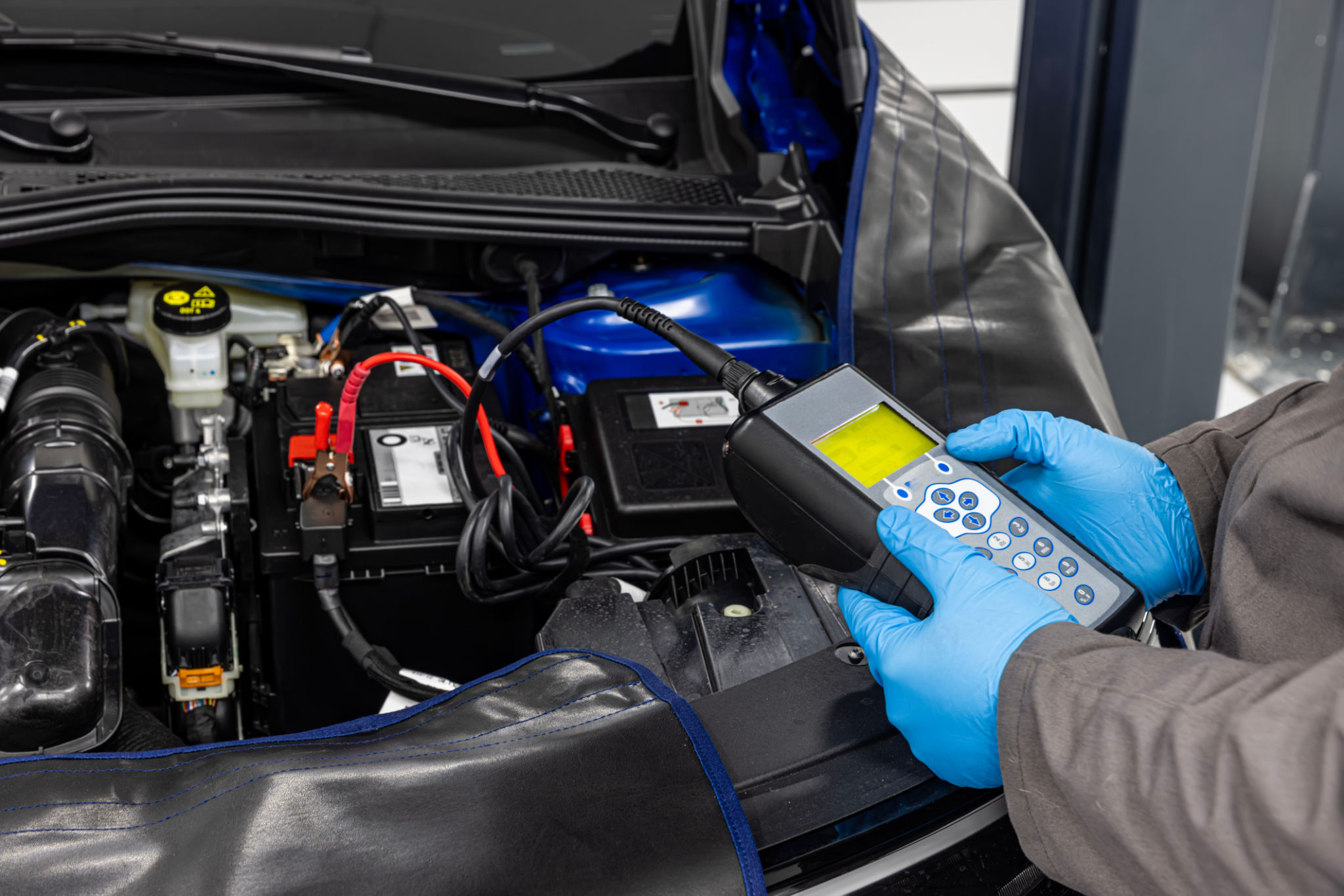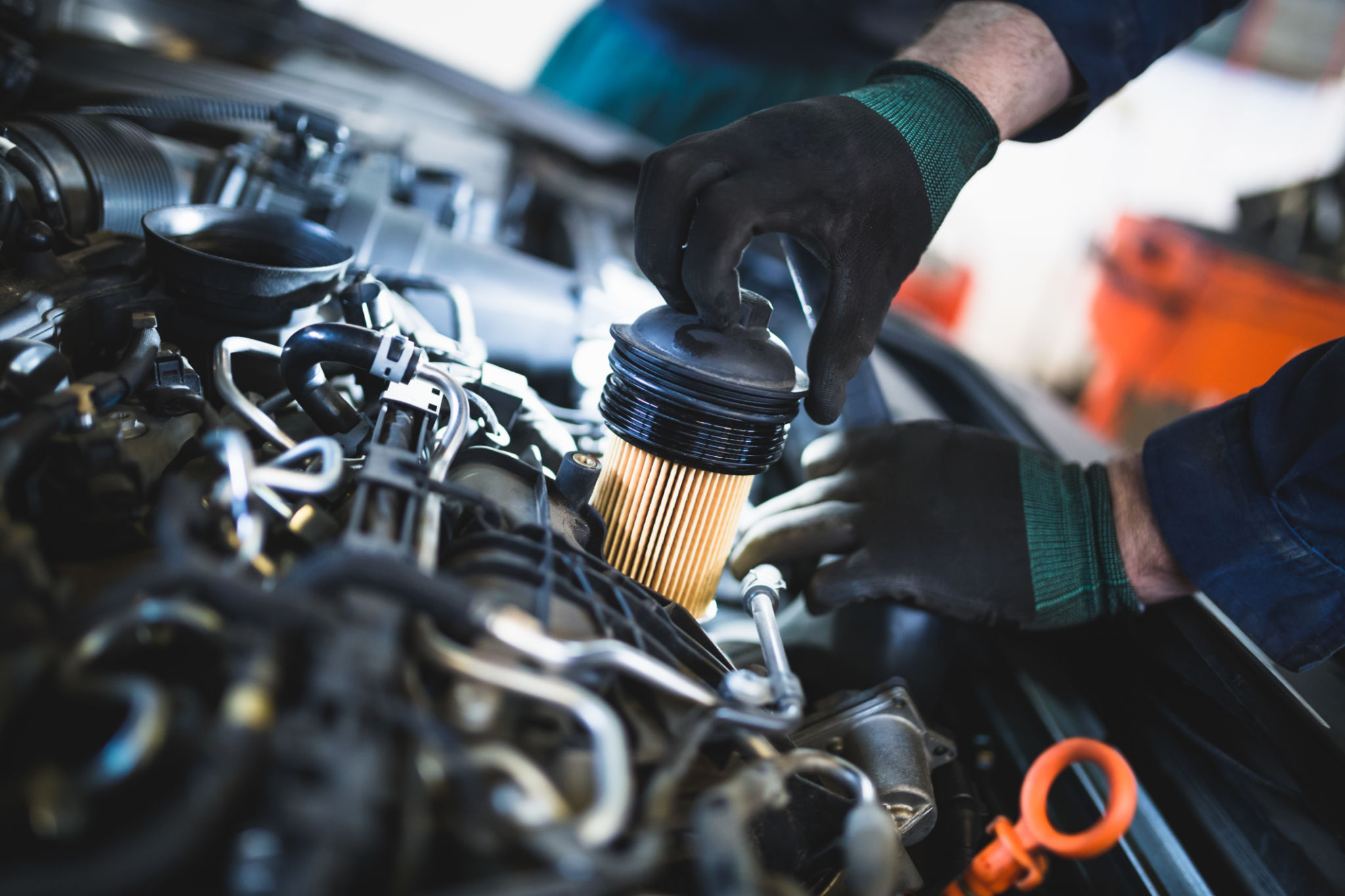Seasonal Tips for Collision Repair: Preparing Your Vehicle for Winter
Understanding the Importance of Winter Preparation
As the cold months approach, ensuring your vehicle is prepared for winter is crucial. Not only does this improve your car's performance, but it also enhances safety when driving on icy and snowy roads. Seasonal preparation is particularly important for avoiding potential collisions and costly repairs.
Winter conditions can be harsh on vehicles, affecting everything from tire traction to battery performance. By taking a few proactive steps, you can protect your vehicle and ensure it runs smoothly throughout the season.

Inspecting and Replacing Tires
Tires are your vehicle's first line of defense against slippery roads. Check the tread depth and wear of your tires to ensure they provide adequate traction. If they are worn down, it's time to replace them with winter tires designed for snowy conditions.
Winter tires are made with a special rubber compound that remains flexible in low temperatures, offering better grip and control. Ensure they are inflated to the manufacturer's recommended pressure to maximize their effectiveness.
Checking Your Battery
The cold weather can significantly impact your vehicle's battery performance. Batteries lose power in lower temperatures, and a weak battery may not start your car on a freezing morning.
Have your battery tested before winter sets in to ensure it holds a full charge. If it's nearing the end of its lifespan, consider replacing it to avoid breakdowns at inconvenient times.

Protecting Your Car's Exterior
Winter road salt and grime can cause significant damage to your car's paint and undercarriage. Applying wax before winter can protect the paint from corrosion and keep your vehicle looking its best.
Additionally, consider undercoating your vehicle to prevent rust. This extra layer of protection can save you from costly repairs down the line.
Maintaining Visibility
Clear visibility is essential for safe winter driving. Inspect your windshield wipers for wear and replace them if necessary. Consider using winter-specific wiper blades that are more effective in clearing snow and ice.
Also, ensure your windshield washer fluid is topped off with a solution that won't freeze. This simple step can make a significant difference in maintaining a clear view while driving.

Ensuring Proper Fluid Levels
Fluids play a critical role in your vehicle's operation, especially during winter. Check that your engine coolant is at the correct level and mixed to the right concentration to prevent freezing.
It’s also wise to ensure oil and brake fluids are fresh and at appropriate levels. Consider switching to a winter-grade oil that flows better at lower temperatures, helping your engine perform optimally.
Emergency Preparedness
No matter how well-prepared your vehicle is, unexpected situations can still occur. Keep an emergency kit in your car with essentials like blankets, flashlights, extra batteries, non-perishable snacks, and water.
A set of jumper cables, a spare tire with tools, and road flares or reflective triangles can be lifesavers in case of a breakdown or accident during winter travel.
The Benefits of Professional Inspection
While you can perform many of these checks yourself, it's beneficial to have your vehicle inspected by a professional before winter. They can identify potential issues that may not be apparent to the untrained eye.
Regular maintenance by a trusted collision repair specialist ensures your car is in top condition, providing peace of mind as you navigate the challenges of winter driving.
